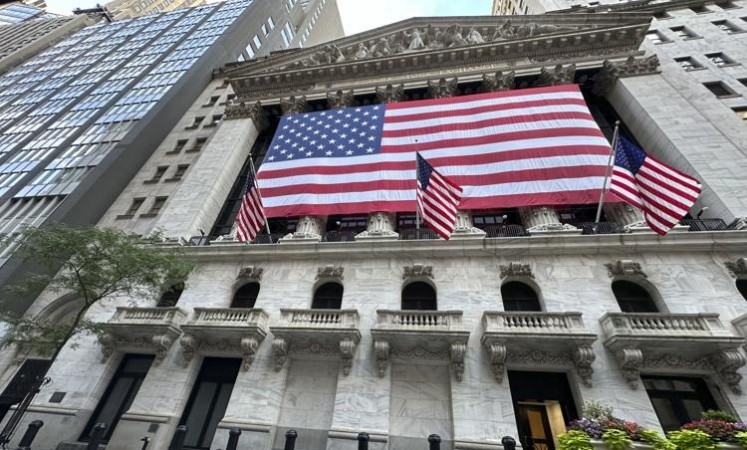
France's recent elections have concluded with no party winning a clear majority, leading to an unprecedented and uncertain political landscape. French voters have given a broad leftist coalition the most parliamentary seats, preventing the far right from gaining power. However, the lack of a dominant party has left the country in an unusual position.
President Emmanuel Macron's centrist alliance finished in second place, while the far right secured the third position, significantly increasing its seats in the National Assembly, France's lower house of parliament.
No definitive candidate has emerged as a potential prime minister. Macron has stated that he will wait before deciding his next steps as he heads to Washington for a NATO summit. The newly elected legislators will begin their parliamentary work on Monday, with the first session scheduled for July 18.
What Happens with a Hung Parliament?
The elections resulted in three major political blocs, none of which have secured the required 289 seats out of 577 for a majority. The National Assembly, being the more powerful of France's two parliamentary houses, has the final say in law-making over the conservative-dominated Senate.
While other European nations frequently experience parliaments with no dominant party, modern France has not. This situation demands cross-party consensus to form government positions and pass legislation. France's deep political divisions over taxes, immigration, and Middle East policy make this particularly challenging.
Macron's centrist allies will struggle to implement pro-business policies, including reforms to unemployment benefits, and passing the budget could become more difficult.
Possible Alliances and Compromises
Macron might seek an alliance with the moderate left to form a coalition government. Such negotiations are expected to be difficult due to France's lack of tradition in such arrangements. Any deal would likely be a loose and fragile alliance.
Macron has ruled out working with the hard-left France Unbowed party but may reach out to the Socialists and Greens, who might refuse his offer. As a gesture towards the left, Macron's government recently suspended a decree that would have reduced workers' unemployment benefits.
If a political deal cannot be reached, Macron could appoint a government of non-partisan experts to manage day-to-day affairs. Any such government would still require parliamentary approval.
Divisions Within the Left
The left has experienced significant divisions, especially following the October 7 attack by Hamas on Israel. France Unbowed has been criticized by more moderate leftists for its stance on the conflict, accusing Israel of genocide against Palestinians. These accusations have led to allegations of antisemitism, which the party denies.
In recent European Union elections, the Socialists ran independently, winning about 14% of the vote, while France Unbowed received less than 10%, and the Greens 5.5%. However, Macron's decision to call snap legislative elections forced leftist leaders to quickly form a new coalition, the New Popular Front.
Their platform includes raising the minimum wage, reversing Macron's pension reform, and freezing prices on essential goods, causing concern in financial markets.
Interim Government and Future Steps
Prime Minister Gabriel Attal offered his resignation, but Macron asked him to remain "temporarily" after the election results left the government in a state of uncertainty. Attal's government will handle current affairs while political negotiations continue.
Macron's office stated he will "wait for the new National Assembly to organize itself" before making decisions on the new government. There is no set timeline for Macron to name a new prime minister, nor is there a requirement for him to choose someone from the largest party in parliament.
Macron's Position and Powers
Macron's presidential term runs until 2027, and he has confirmed he will not step down. Despite the lack of a majority, Macron retains significant powers over foreign policy, European affairs, and defense. He also commands the armed forces and holds the nuclear codes. The new prime minister may focus on domestic politics, leaving Macron's defense and foreign policy powers largely unchallenged.